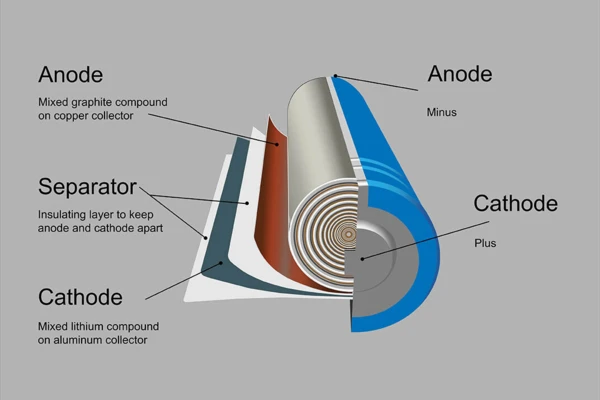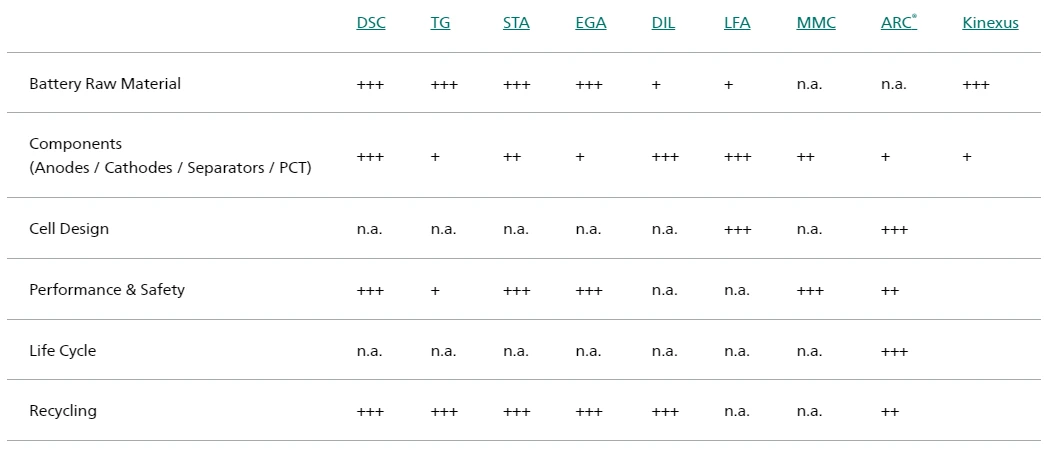
01.05.2023 by Aileen Sammler
The 7 Most Common Plastics in Automotive Batteries
It's hard to imagine a car without plastics. The same is true for batteries - not only as energy storage devices, but also due to their handling, safety and general function. In this context, choosing the right plastic for the specific application is crucial for the reliability and safety of the battery.
Today, we present the 7 most common polymers, their specific applications and advantages in battery applications.

Plastics in Batteries – Indispensable Today
Plastics offer a variety of advantages for battery technology, such as low weight, corrosion resistance, electrical insulation and resistance to high temperatures and chemicals:
Because they are so ductile, plastics can be prepared in many different shapes and sizes. This also makes it possible to use batteries in mobile devices, electric vehicles and other applications. Polymers also feature high durability and heat resistance, which means batteries are less susceptible to overheating and explosions. Furthermore, batteries become more resistant to shock and VibrationA mechanic process of oscillation is called vibration. Vibration is a mechanical phenomenon whereby oscillations occur about an equilibrium point. In many cases, vibration is undesirable, wasting energy and creating unwanted sound. For example, the vibrational motions of engines, electric motors, or any mechanical device in operation are typically unwanted. Such vibrations could be caused by imbalances in the rotating parts, uneven friction, or the meshing of gear teeth. Careful designs usually minimize unwanted vibrations.vibration, can be better insulated, and are ultimately less prone to short circuits.
Polymers also help reduce the cost of battery production, as they are often less expensive than metals.
Thermal Analysis and Rheology of Polymers with NETZSCH Instruments
The use of plastics in battery technology is crucial for the development of high-performance and reliable batteries. Through the targeted selection of plastics, battery manufacturers ensure that their batteries meet customer requirements and function reliably.
Each polymer is specifically selected for the application to provide the best properties for a component and to meet the requirements of automotive manufacturers. This is where NETZSCH Analyzing & Testing comes into play: With our analytical instruments, you can determine, among other things, the thermal properties of polymers such as stability or behavior at low and high temperatures. You have the possibility to analyze safety-relevant aspects of the batteries and explore the increase in storage capacity or extending of service life.
NETZSCH Analyzing & Testing offers a variety of options for battery testing using thermal analysis and rheology.
Choose the method best suited to your investigation objective:

Wish to learn more?
Please read also: How to prevent scrapping of polypropylen
And feel free to visit: Batteries - NETZSCH Analyzing & Testing
Stay tuned: In our next blog article we will talk about the importance of plastics for the energy storage function for batteries.